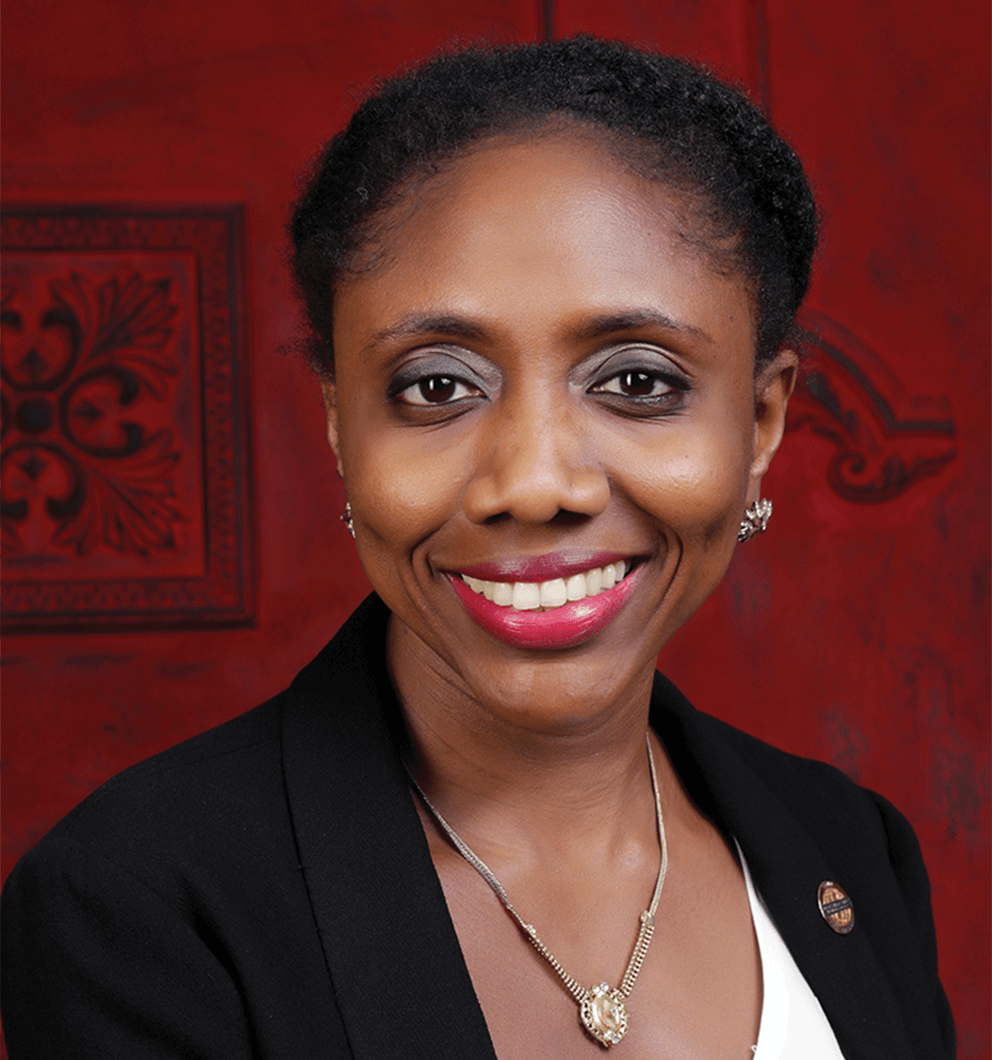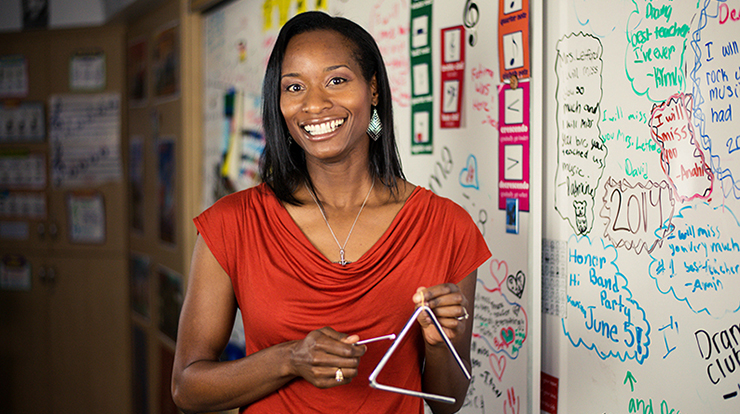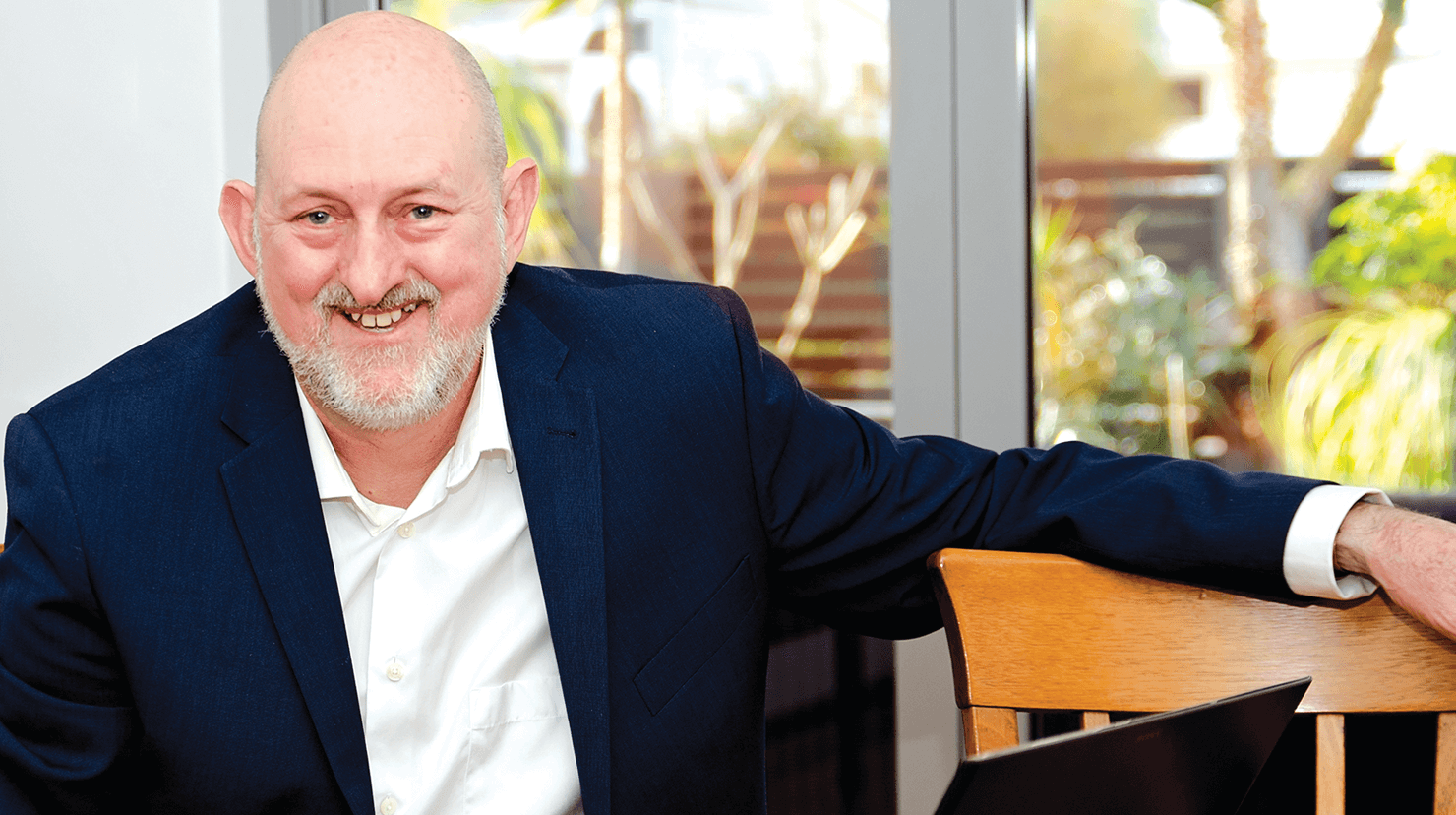 Omei Bongos-Ikwue
Omei Bongos-IkwueThe word I couldn’t seem to utter stood suspended in mid-air, halted between quivering lips. With dismay, I watched my director at work lumber toward me. My jaw dropped even lower. It was a disconcerting sight. He was a man who wore his emotions on his sleeve. When he was happy, he was ecstatic. When he was angry, he was livid. On this morning, he was infuriated. His irritation was clear as he whispered, “Omei, talk to us! You are talking to your slides and nobody can understand you. Just try, OK?”
The audience tried to smile but their discomfort was evident. The man with the red tie loosened and tightened its knot. The older woman with the designer eyeglasses gave me an encouraging smile.
I was presenting a training session on the effects of malaria during pregnancy. The PowerPoint was flawless and my blue dress matched its color scheme. But the session turned into an awkward reading of slides—a lukewarm affair that stalled after I stuttered on the word “cycle.”
“I think I can shed some light on this.” The low voice in the back of the room came from my manager, an eminently patient man. If he had not taken over, the poor audience might have never gotten past the life “c-c-c-cycle” of the malaria parasite.
My job as a behavior change officer for the Society for Family Health Nigeria plagued me with anxiety, because I was often required to train groups of community health workers on topics related to the treatment and prevention of malaria. During these presentations, it wasn’t a question of if I would stammer but more of when and how. Would the audience notice? What word would be my AchillesIn search of a solution, I joined Toastmasters in January 2013. The first few months, I continually plotted my escape; self-inflicted public speaking was not my cup of tea! My club at the time—the Aso Rock Stars Toastmasters in Abuja, Nigeria—was lavish with its encouragement, but I still detested speaking in public. I took on few roles, content to watch from my seat.
Recently, Toastmasters International invited members to find their “why,” calling on us to share our reasons for joining this organization. This inspired me to ask myself, Why have I stayed?
I should first explain my Toastmasters turning point. During one club meeting, Teresa Nwachukwua, a petite physician with spellbinding storytelling skills, shared these words from Toastmasters’ speaking champion Darren LaCroix: “A speaker never turns down stage time.” I realized that every time I rejected a speaking opportunity, I lost an opportunity to improve my speaking and inspire others.
When I think back to that agonizing training session I presented all those years ago, I shudder. If I am in a similar situation again, I know I’ll handle it better, thanks to my time in Toastmasters. So why, then, have I stayed? I like to think it’s because of three things, which sum up the value of Toastmasters: the possibilities, process and people.
The Possibilities: From the traditional education program to the Pathways learning experience, the educational possibilities in Toastmasters are innumerable. Meetings are brilliantly designed to teach us to listen and learn from others. Whether I’ve been an observer, a role player or a speaker, every club meeting has left me informed and in high spirits.
The Process: In August 2018, after a series of wins from club level to district level, I competed in the semifinals of the International Speech Contest in Chicago. I prepared for more than six months. But in retrospect, this isn’t what prepared me for the big stage. The process of showing up to each meeting and facing the audience in any capacity—timer, Table Topicsmaster, speaker or simply receiving feedback— fortified me for the semifinals.
The People: I have forged unlikely friendships with unlikely people. The best thing about my friends is their commitment to excellence. Toastmasters has given me the courage to commit to both an organization and the people who serve it. Therefore, I stay.
Once in a while, the words still get stuck, but I now have tools to better overcome those unruly syllables. I stay because the journey is far from over: Possibilities remain to be explored, stories remain to be told and friendships remain to be forged.
Members around the world have joined Toastmasters to gain confidence and overcome anxiety about their speech impediment. Watch the video below to hear from Toastmaster Genein Letford, who shares how joining Toastmasters helped her improve her communication skills and allowed her to connect with her audiences in a powerful new way.
Omei Bongos-Ikwue is now a member of Grand City Toastmasters club in Abuja, Nigeria, and serves District 94 as area director. She was a semifinalist in the 2018 International Speech Contest and works as a freelance editor and qualitative researcher.



 Previous
Previous
 Previous Article
Previous Article

